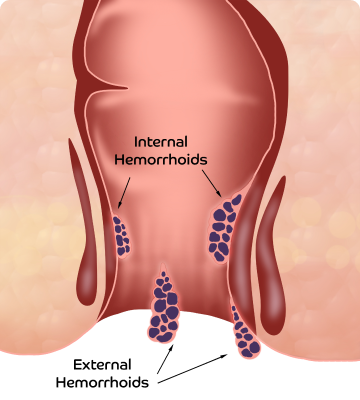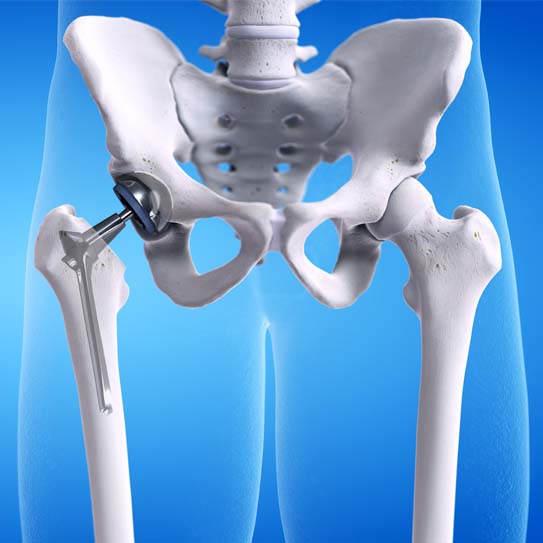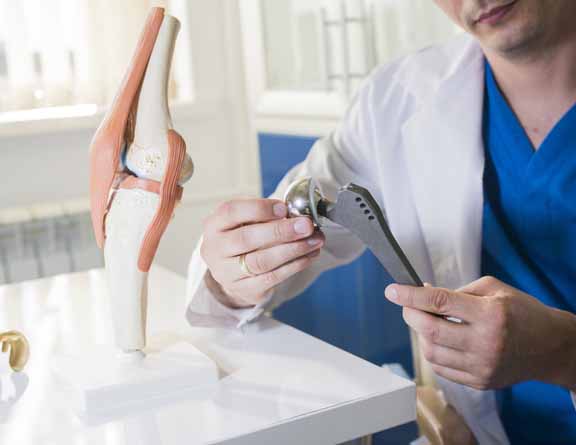What complications can happen during a hip replacement surgery?
General complications that are associated with any surgical procedure are-
- Severe Pain
- Bleeding
- Infection of the surgical site
- Scarring
- Blood clots
- Difficulty passing urine
- Stroke
Specific complications associated with a hip replacement surgery are-
- Split in the femur (the only bone present in the thigh)
- Damage to the nerves or blood vessels
- Infection in the hip
- Loosening of the implant
- Bone forming in muscles around the hip implant
- Dislocation
Orthopedic surgeons take several precautions and analyze the history and medical condition of each patient prior to the surgery to eradicate the risks and complications associated with hip replacement surgery.
Advantages of undergoing arthroscopic hip replacement
The advantages of undergoing hip replacement surgery with arthroscopy over the traditional open hip surgery are-
- Smaller incisions
- Minimal trauma to the surrounding muscles, tissues and ligaments
- Less postoperative pain
- Faster recovery
- Lower infection rate
- Earlier mobilisation, most patients can walk the same day after their hip surgery
- Shorter hospital stay (3 to 5 days)
Treatments for Degenerative Joint Disease in the Hip
Patients suffering from degenerative joint disease are advised to undergo prompt treatment. There are a number of treatment options for degenerative hip disease, ranging from nonsurgical to surgical treatment. The treatment option for each patient is chosen based on several individual factors, such as age, activity level, extent of cartilage loss the joint has experienced and the effect of the disease on the patient’s life.
Different treatments for degenerative disease in the hip joint you that may discuss with your orthopedic doctor include-
- Medication- Medications can help reduce the inflammation and swelling and can help manage the pain.
- Physiotherapy- This can help strengthen the muscles around the affected joint and thus improve mobility and reduce pain. However, patients with severe pain or symptoms may require physiotherapy for several weeks or months.
- Hip operation- If other treatments are not successful, the orthopedic surgeon may advise hip joint replacement procedure. The surgeon will replace the injured hip joint with a metal or ceramic implant to restore function and quality of life.









.svg)









